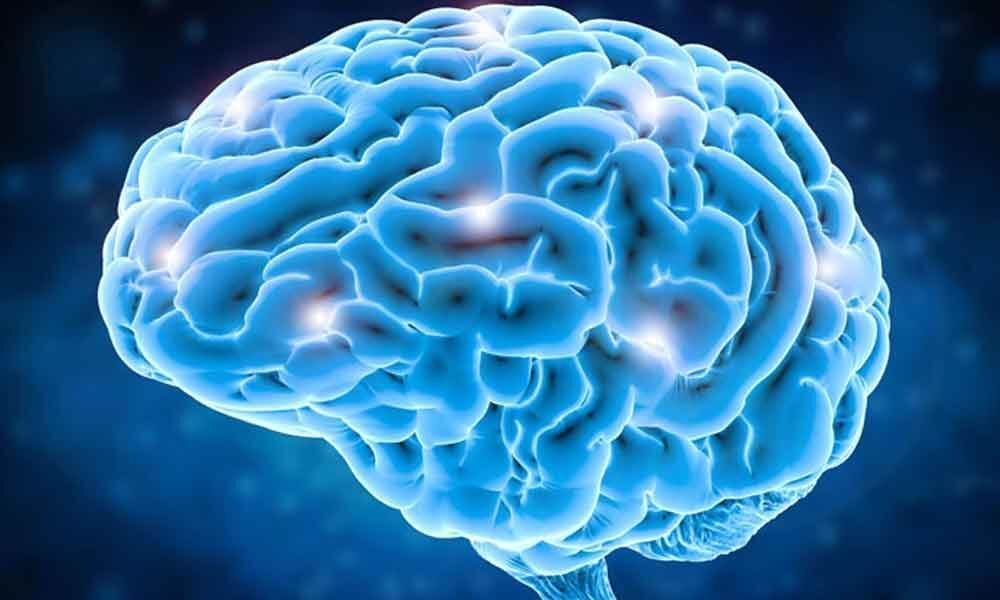Moral decisions linked to brain activity: Study

What makes our decisions morally just or objectionable? It is the brain activity that is responsible for the differences in our moral behaviour, reveals a new study.
Washington, April 19: What makes our decisions morally just or objectionable? It is the brain activity that is responsible for the differences in our moral behaviour, reveals a new study.
"Our study demonstrates that with moral behaviour, people may not in fact always stick to the golden rule. While most people tend to exhibit some concern for others, some others may demonstrate 'moral opportunism', where they want to look moral but want to maximize their own benefit," said lead author Jeroen van Baar, a postdoctoral research associate at Brown University, US.
For the study, published in Nature Communications journal, researchers developed a computational strategy model to examine the brain activity patterns linked to the moral strategies.
The team tried to determine which type of moral strategy the participant was using -- inequity aversion (where people reciprocate because they want to seek fairness in outcomes); guilt aversion (where people reciprocate because they want to avoid feeling guilty); greed or moral opportunism (where people switch between inequity aversion and guilt aversion depending on what will serve their interests best).
The study showed that people used different moral principles to make their decisions and also changed their moral behaviour depending on the situation.
"In everyday life, we may not notice that our morals are context-dependent since our contexts tend to stay the same daily. However, under new circumstances, we may find that the moral rules we thought we'd always follow are actually quite malleable," said co-author Luke J. Chang, Assistant Professor at Dartmouth College, US.
"This has tremendous ramifications if one considers how our moral behaviour could change under new contexts, such as during war," he added.
The study's findings revealed that "unique patterns" of brain activity underlie the inequity aversion and guilt aversion strategies.
"Our results demonstrate that people may use different moral principles to make their decisions, and that some people are much more flexible and will apply different principles depending on the situation," said Chang.
"This may explain why people that we like and respect occasionally do things that we find morally objectionable," he added.








